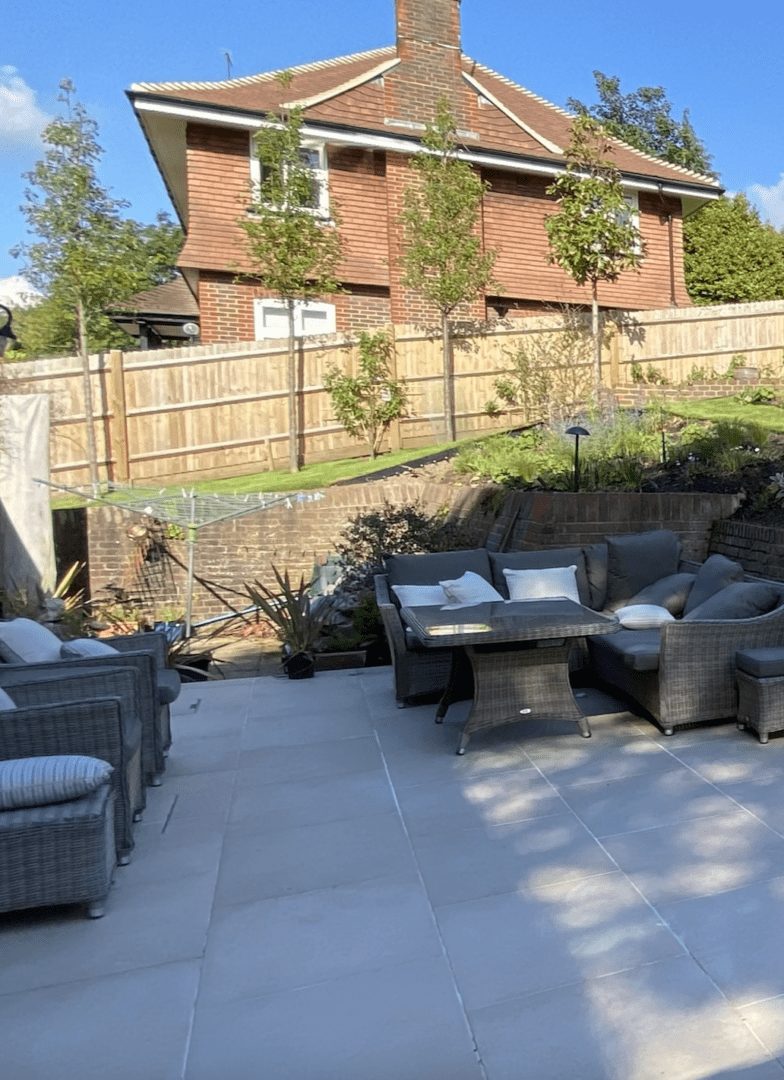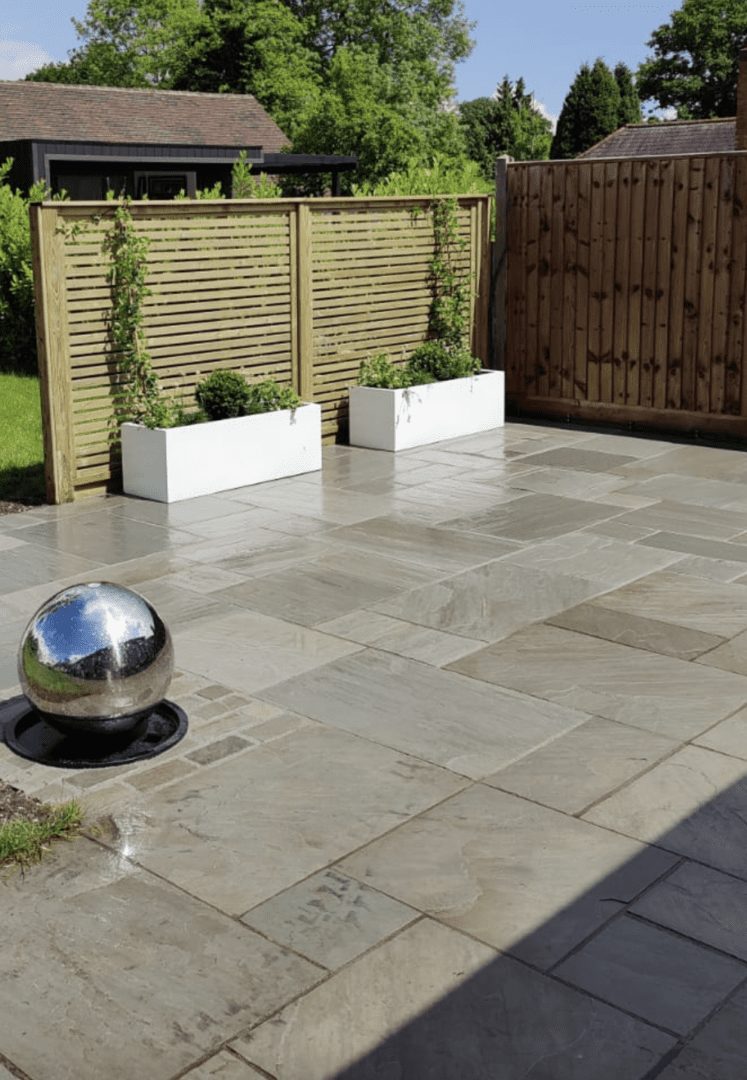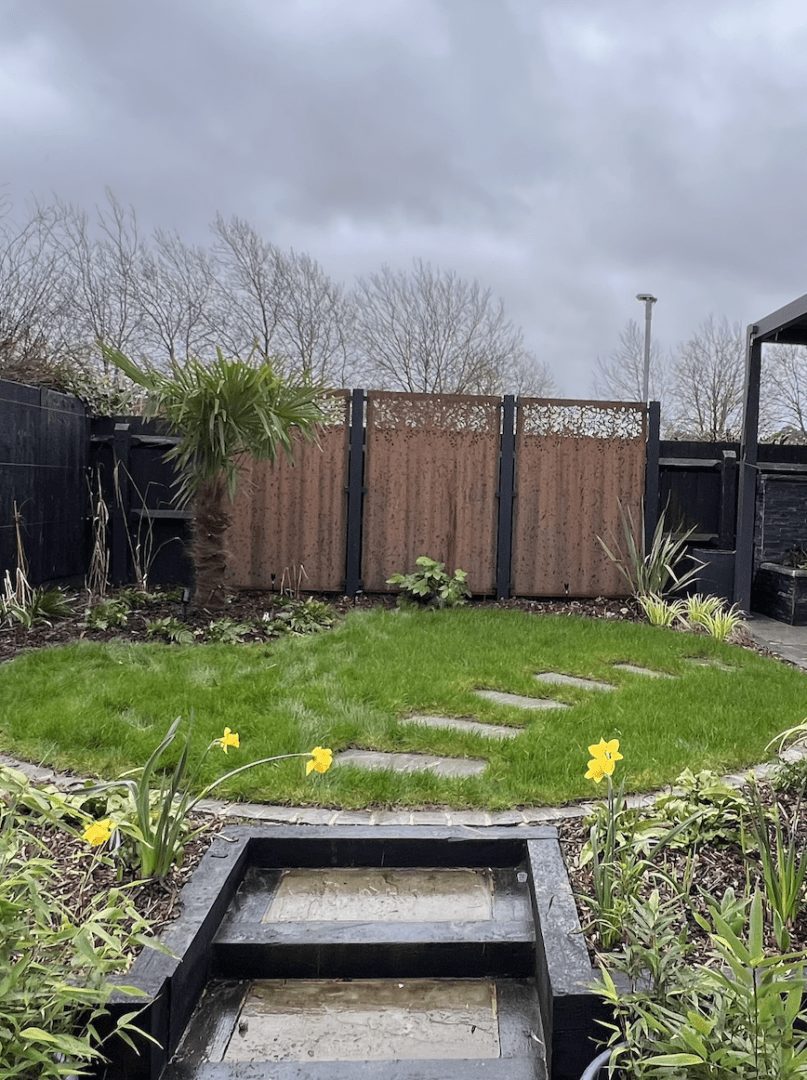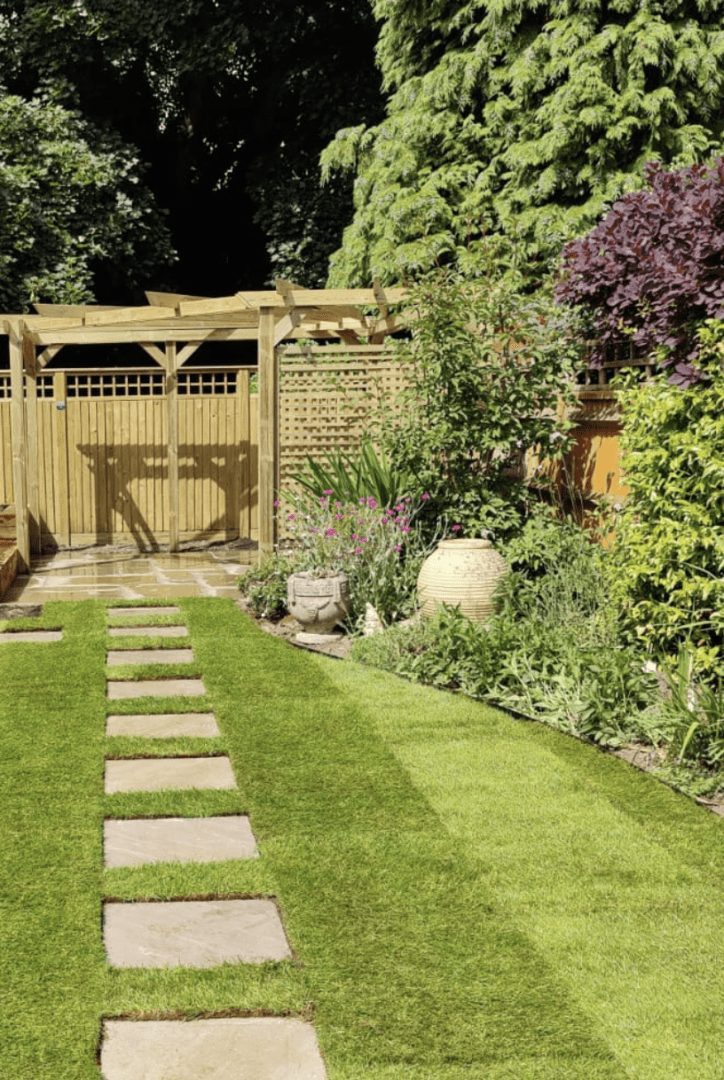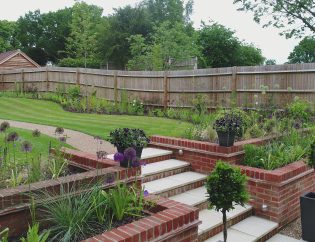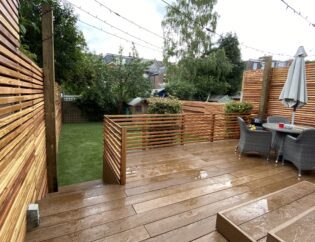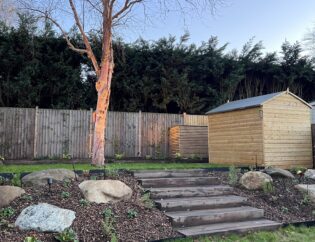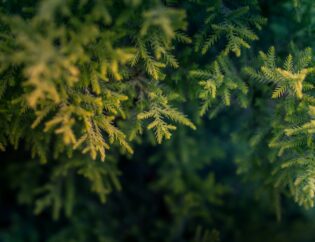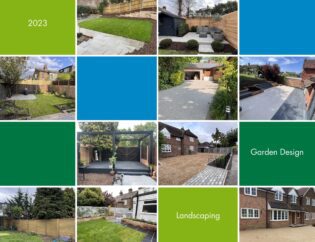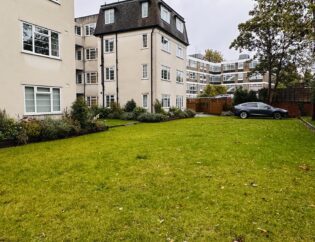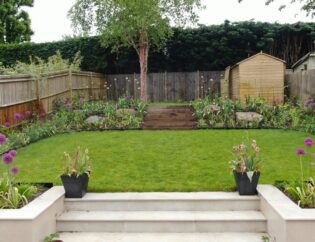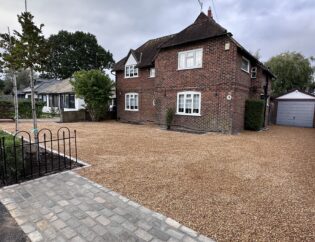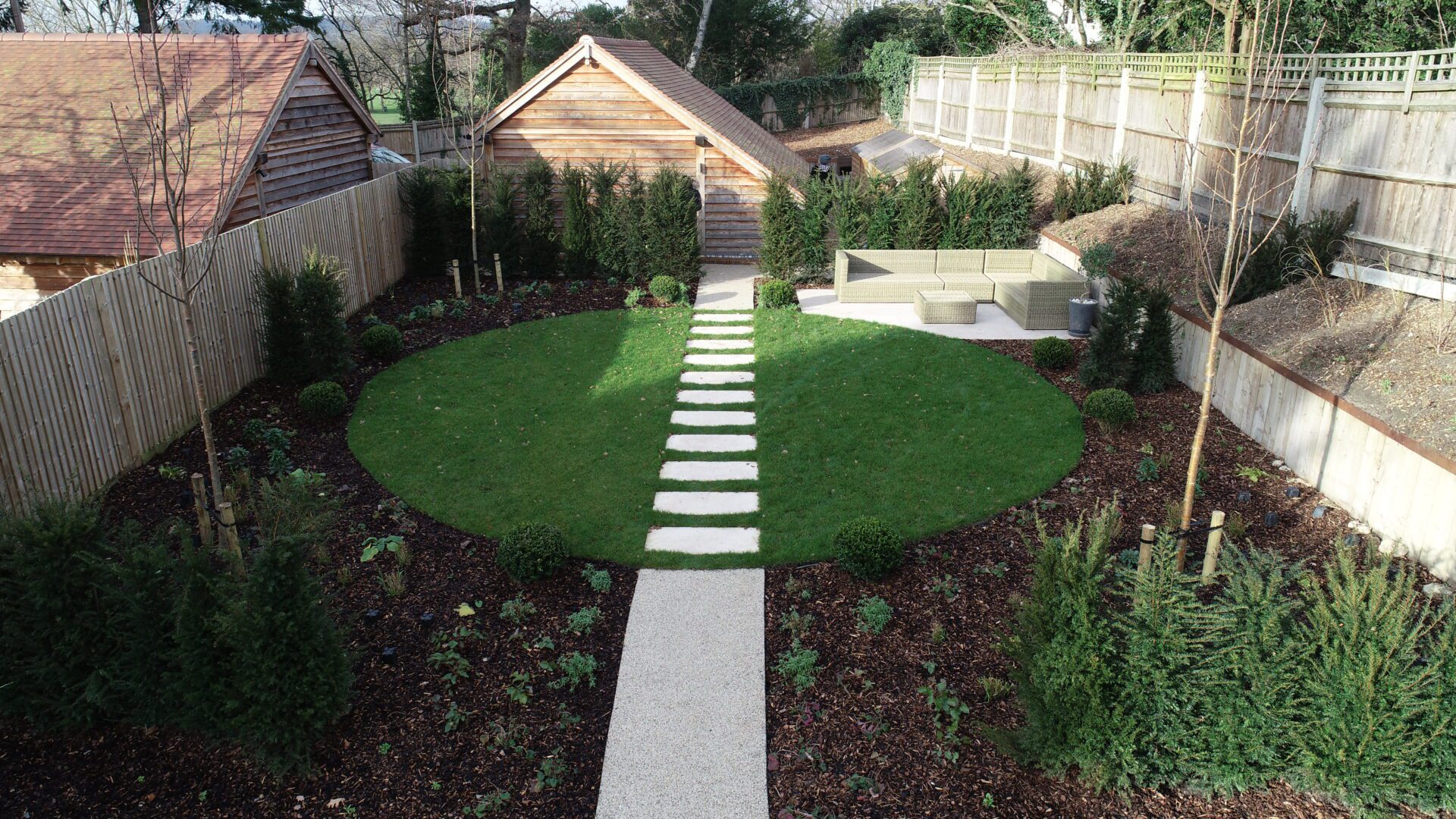
Garden Screening
Garden screening refers to the vertical elements of your garden that are used to screen off one area from another. Whether hedges or walls, fences or trellises, adding some clever screening to your garden can enhance boundaries, protect privacy or zone your garden into distinct areas.
In this post, we will explore the different types of screening. We'll look at their benefits, and how to choose the right option for your outdoor space.
The benefits of using garden screening
You can use screening for a variety of purposes in your garden. Here are some of the most significant advantages of incorporating screening in your landscaping design:
- Privacy: Garden screening helps to create a private outdoor space, free from prying eyes. It's ideal for relaxing, entertaining guests, or simply enjoying your own company.
- Security: A well-constructed garden screen can give a sense of security, forming a barrier between your garden and the outside world.
- Concealing poor views: Whether it’s next door’s shed, your recycling bins, or a view that is less than appealing, you can screen to hide less desirable views from your property. And then replace them with something that is more pleasant to look at.
- Aesthetic appeal: Garden screening can enhance the aesthetic appeal of your outdoor space, adding character and style. With many different styles and materials available, you’ll easily find a screen that complements the look and feel of your home.
- Zoning: You may want to designate different areas of your garden for specific purposes. For example, a dining area, play area, cut flower garden or tranquil reading area. Clever screening can add a hint of mystery to a garden, so that the garden has to be explored, rather than seen all at once from the house.
- Noise reduction: Screening can also help to reduce noise pollution, making your garden a more peaceful, enjoyable place to spend time in.
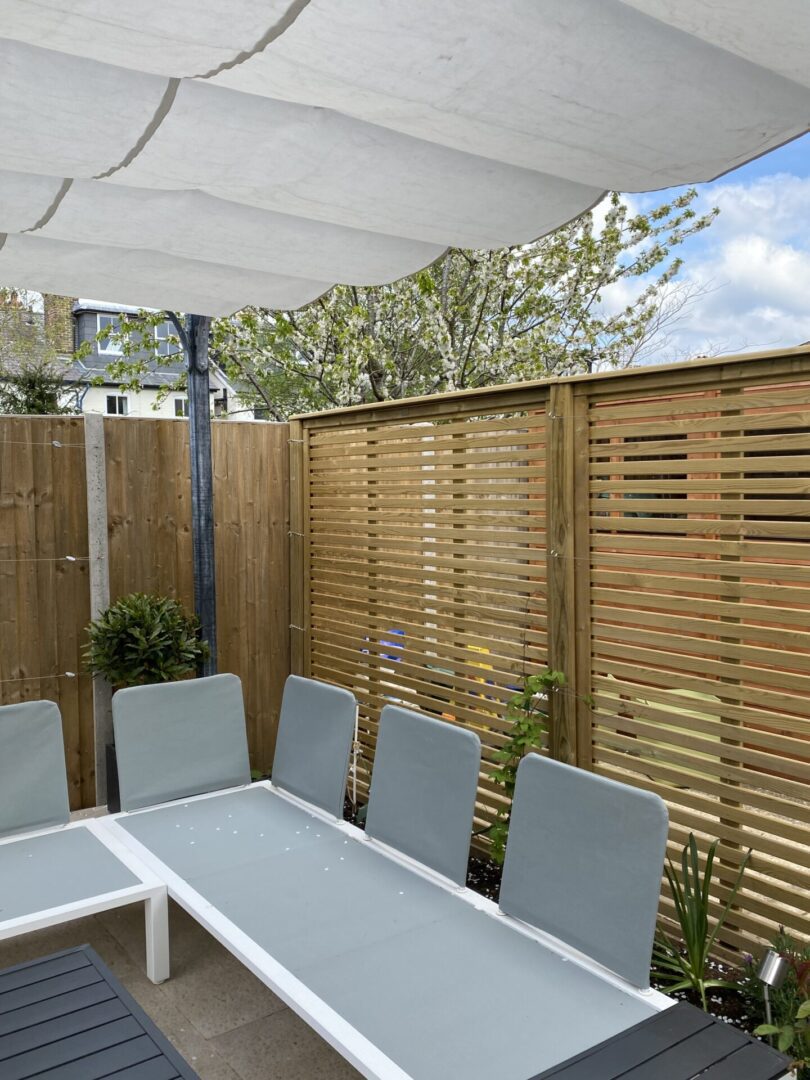
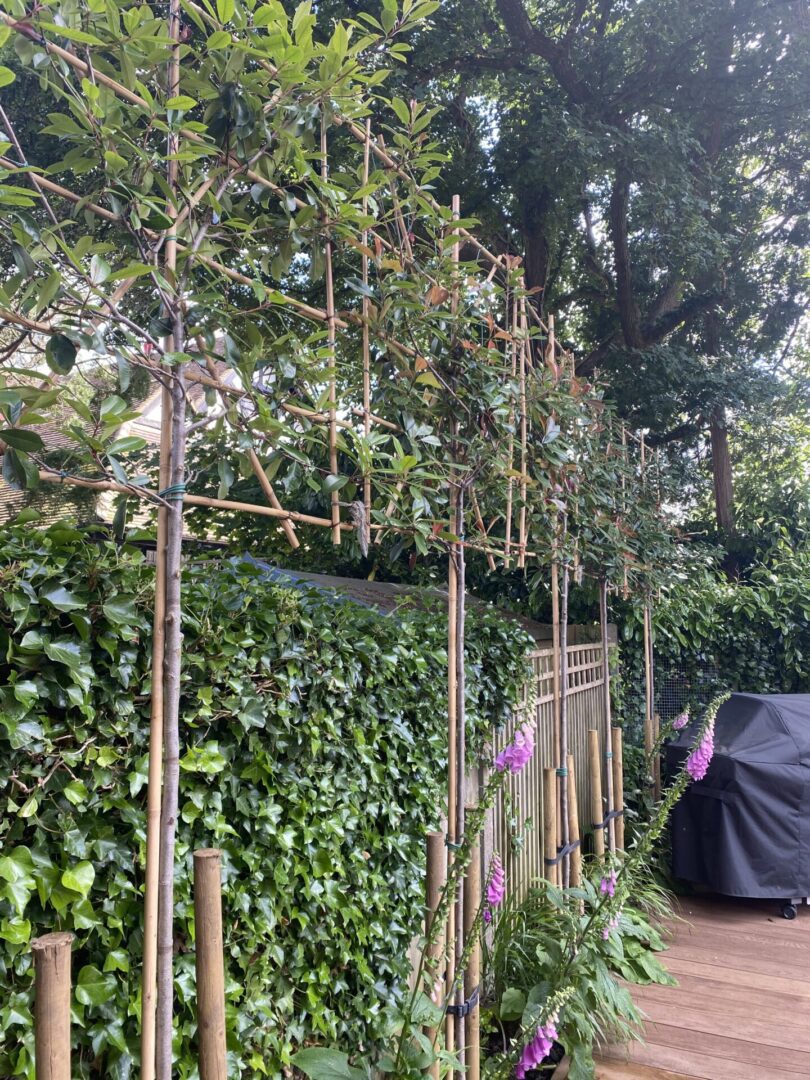
Types of screening
The term “garden screening” can refer to any structure or element in your garden that screens one area from another. We often use the following types of screening in our projects:
- Hedges, shrubs and trees are a popular choice for garden screening, offering a natural and attractive solution. They come in a range of sizes, from small shrubs to tall trees, and can be grown from a variety of different plants, including evergreens, deciduous trees, and conifers. Hedges are easy to maintain, and once established, they can provide a strong and attractive boundary.
- Pleached trees have been specifically grown and trained to create a screen above a fence. They are often used for attractive boundaries and privacy.
- Walls can provide a more solid and permanent screening solution, offering excellent privacy and noise reduction. They can be made from a range of materials, including brick, stone, or wood, and can be designed to complement the style of your home.
- Fences are another popular garden screening option, offering a flexible and cost-effective solution. They can be made from a range of materials, including wood, vinyl, and metal, and are available in a variety of styles and designs.
- Trellises are an attractive and versatile garden screening option, offering a decorative and functional solution. They can be used to support climbing plants, such as ivy, roses, and jasmine, creating a green and leafy barrier.
- Pots and planters containing shrubs or small trees can be an effective screening device. This is especially effective when you want your screen to be movable.
Choosing your screening solution
When choosing a garden screening solution, you might want to consider:
- Your objective: Determine the main purpose of your garden screening, whether it is to provide privacy, reduce noise, or enhance the aesthetic appeal of your outdoor space.
- Maintenance: Choose a garden screening solution that is easy to maintain and won't require a lot of time and effort to keep it looking its best.
- Style: Consider the style and design of your home and choose a garden screening solution that complements its look and feel.
- Durability: Choose a garden screening solution that is durable and will stand up to the elements.
In conclusion, screening is an important and effective way to enhance the privacy, comfort, and aesthetic appeal of your outdoor space. With a range of different options available, including hedges, walls, fences, and trellises, you can easily find a solution that meets your specific needs. With the right garden screening, you can create a private and beautiful outdoor space that you can enjoy for years to come.
